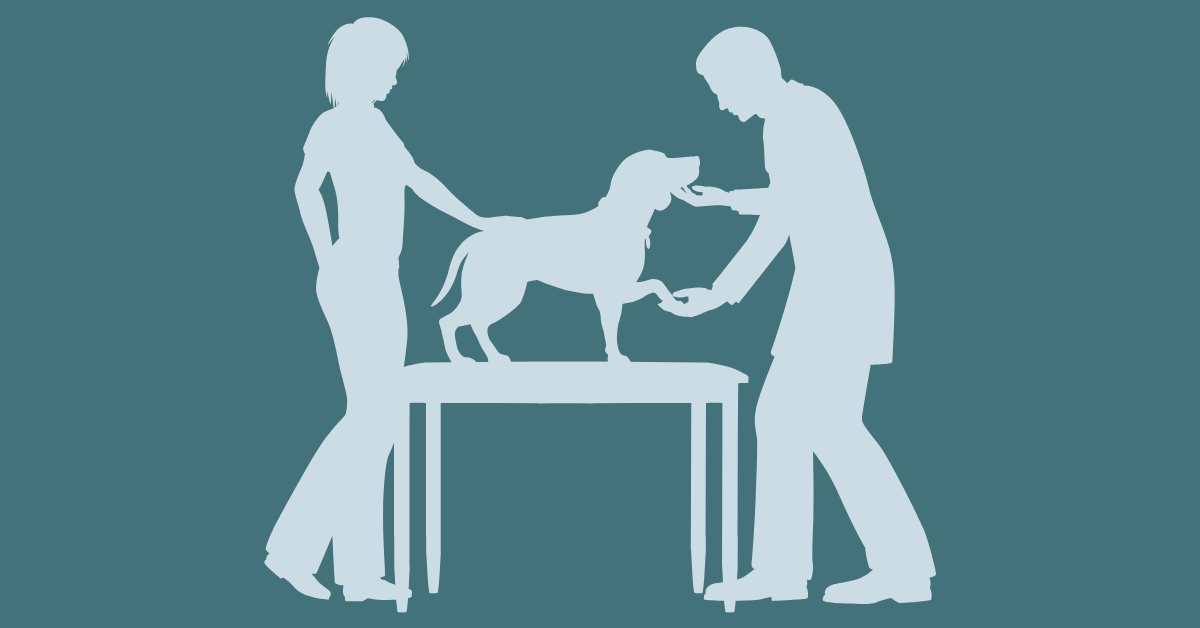Earlier this year, I contributed to the Arizona Veterinary Medicine Association‘s monthly newsletter to talk about moral injury in veterinary medicine. Moral injury has the potential to impact all of us in healthcare settings and beyond, particularly with the rise in institutional betrayal felt by so many under the current regime. As such, I thought it worth sharing the article here. Naturally, sections of the content will not apply to all. The recommendations for coping are fairly universal.
What is Moral Injury?
Moral injury is “the profound psychological distress experienced following an event involving acts of perpetrating, bearing whiteness to, or betrayal by trusted others which violate ones deeply held moral beliefs or expectations (Williamson et al., 2022).” It was first discussed in the context of combat veterans who were struggling to reconcile their experiences in war with their understanding of themselves.
Those experiencing moral injury have a similar presentation to those with post-traumatic stress disorder (PTSD), though they do not have all the symptoms required to be diagnosed with PTSD (though, of course, you can have both moral injury and PTSD). In recent years, particularly in the aftermath of the COVID-19 pandemic, more attention has been paid to the experience of moral injury across various career fields, including health care, law, and veterinary medicine.
A Mental Health Crisis
Veterinarians are facing a mental health crisis to the extent that one in six veterinarians have endorsed thinking about suicide. There are a myriad of factors contributing to this crisis, including high income to debt ratios that impede work-life balance, high-stress work environments, and routine exposure to abuse, neglect, and death. The burnout, compassion fatigue, secondary stress, and moral injury that can occur as a result can make it seem impossible to get through another day.
The recommendations herein will likely not suffice for thwarting thoughts of suicide, and they may help you feel seen and less alone. If you are struggling with thoughts of suicide, please reach out and ask for help. Your pain is nothing to be ashamed of, and you are deserving of support.
Moral Injury Among Veterinarians
Moral injury can show up in veterinary medicine when you are asked to euthanize an animal with a treatable condition that the owners don’t want to pay for. Or when asked to continue treatment for an animal with a chronic, debilitating disease who is suffering and your clinical recommendation with be to end that suffering. Or when debating providing pro bono lifesaving treatments for a family desperate to see their pet well who can’t afford it and doing so means tightening your wallet to make this month’s loan payment.
It can also show up by not being able to achieve “gold standards” of care that are unrealistic to the demands of real-life medicine, triggering feelings of failure and hopelessness. Moral injury can occur when we experience disillusionment or even feelings of betrayal with the system and the promise of a career that enhances one’s life versus dragging us down.
Facing such dilemmas over and over will naturally take a toll. One that can show up as feelings of dread, overwhelming sadness, replaying difficult decisions, excessive worry, nightmares, avoiding work, hopelessness, headaches, muscle tension, and pain, changes in appetite and sleep, self-medicating with drugs, alcohol, sex, gambling (and more), and thoughts of suicide.
How Do You Cope?
So, how do you cope when the system isn’t going to change, your debt isn’t going away, people will continue to want care you disagree with, and animals will continue to suffer? There is no one simple answer.
There are steps you can take to mitigate the effects of moral injury.
- Do not bottle it up. The feelings won’t just go away if you don’t think about them. Sucking it up can only get you so far.
- Talk about it with a trusted colleague, mentor, friend, or family member. Seek counseling. Your employer may have employee-assisted programs that cover at least a few sessions. Psychologytoday.com is a great resource for finding a therapist. You can also search through your insurance.
- Write about it. Journaling is a great way to get your thoughts out of your head without worrying about how it sounds. Be unfiltered. Word vomit, or make bullet-pointed notes or use voice notes.
- Seek community. As modern society has evolved, we have lost our villages. We need to rebuild them. Start a monthly get-together with supportive others to process what you are going through or to do something totally unrelated to work. This can also include seeking spiritual counseling or connecting with your religious community.
- Take care of your physical health. This is said over and over again, and it matters.
- Remember why you do this work.
- Remember who you are outside of your work.
- Consider change. To keep doing the work you love, do you need to change where you work? Who you work for? Your work hours? The kind of work you do?
- Remember, you are not alone. You are not weak or less than for experiencing moral injury. Rather, it means you care deeply about the work you do, the lives you save, and the people you impact. This work is hard. Be kind to yourself.


0 Comments